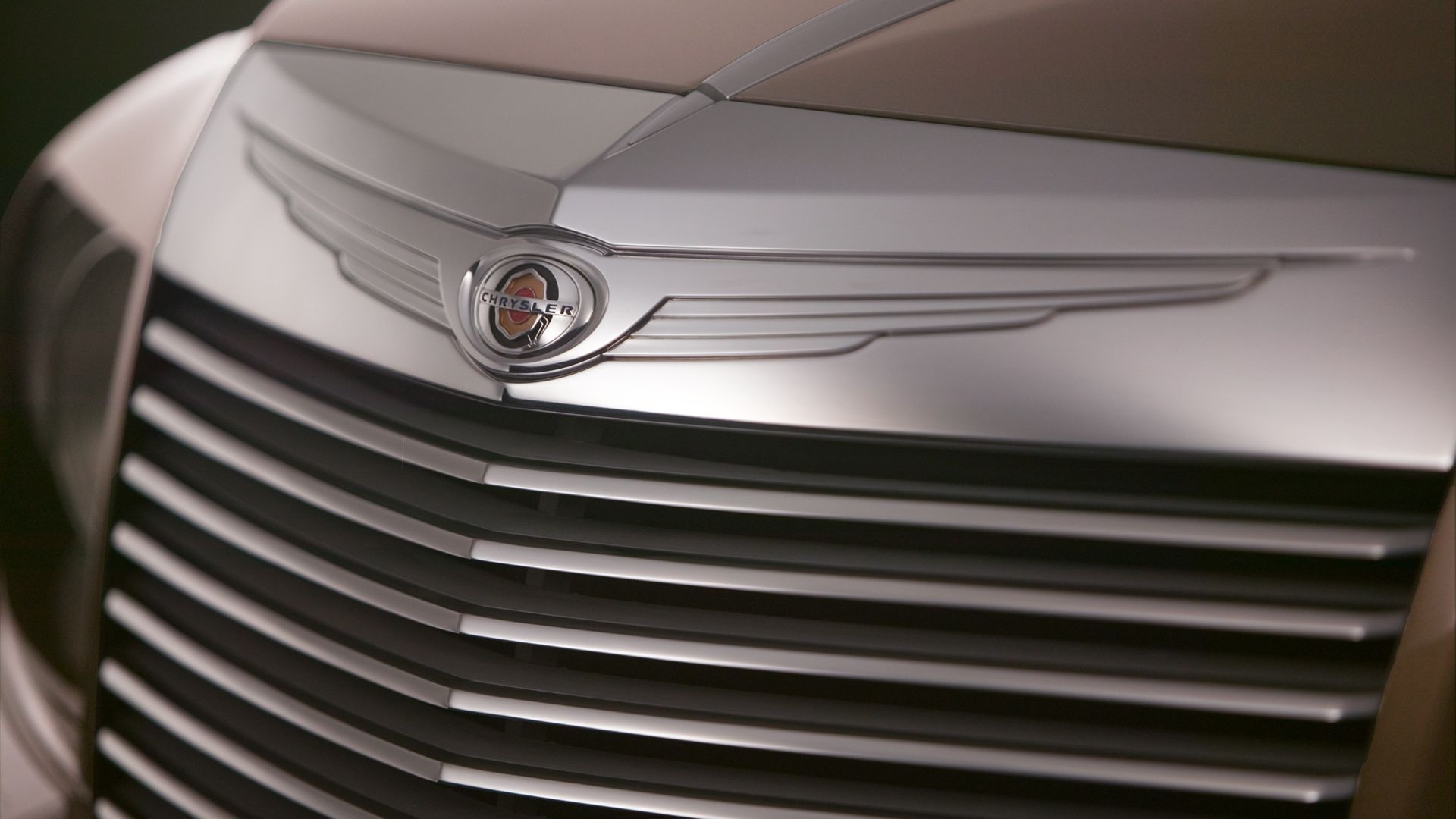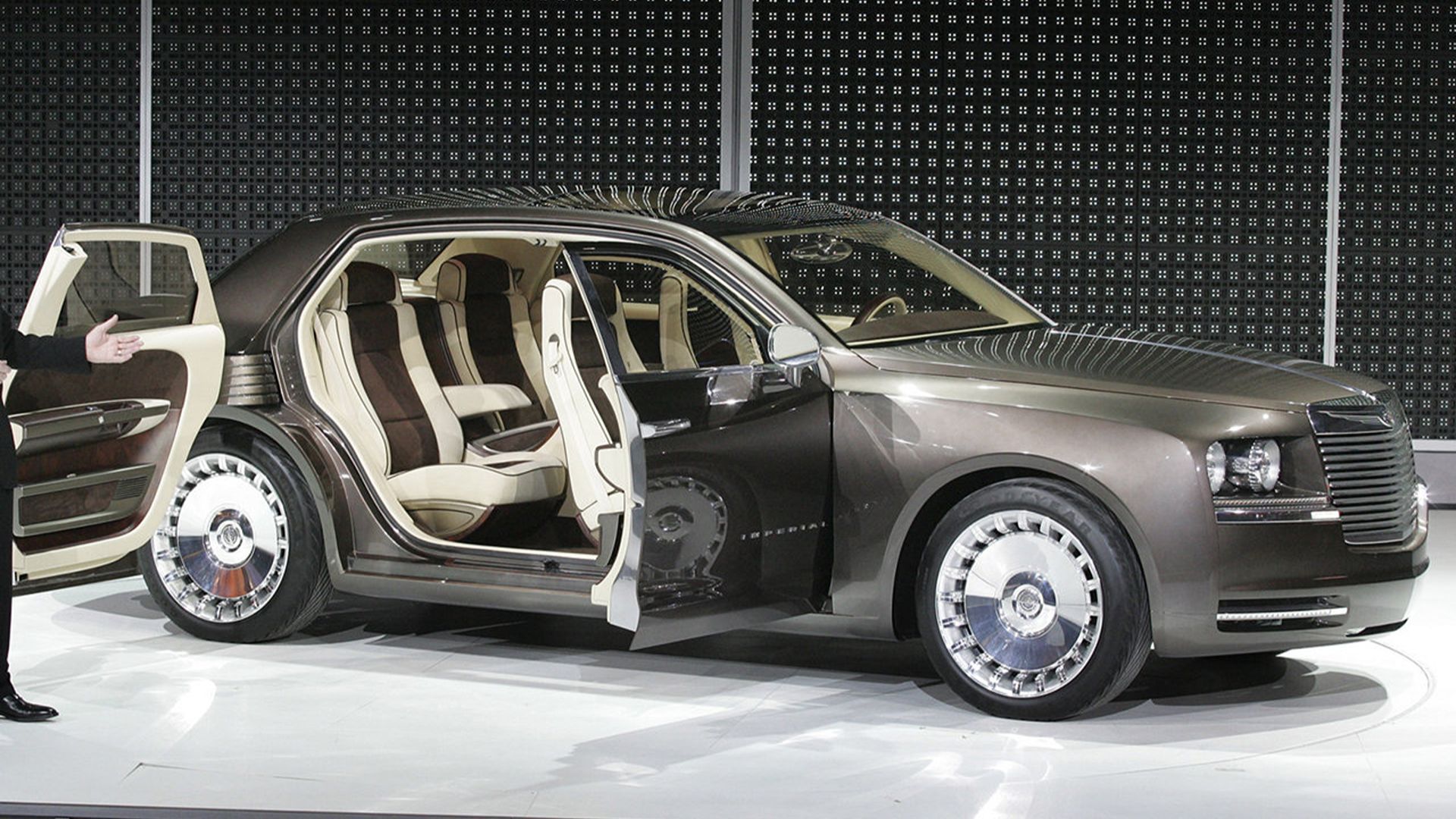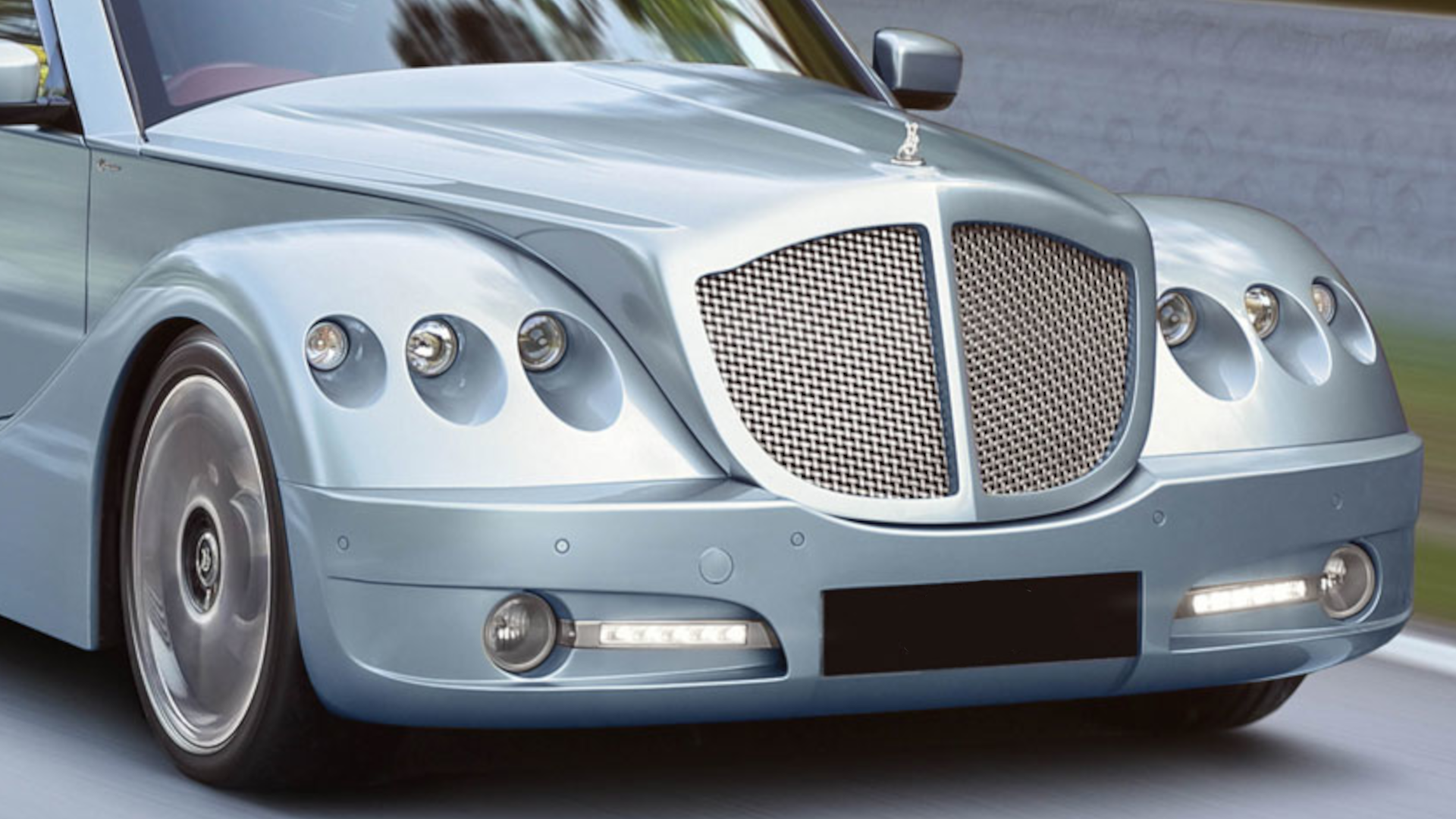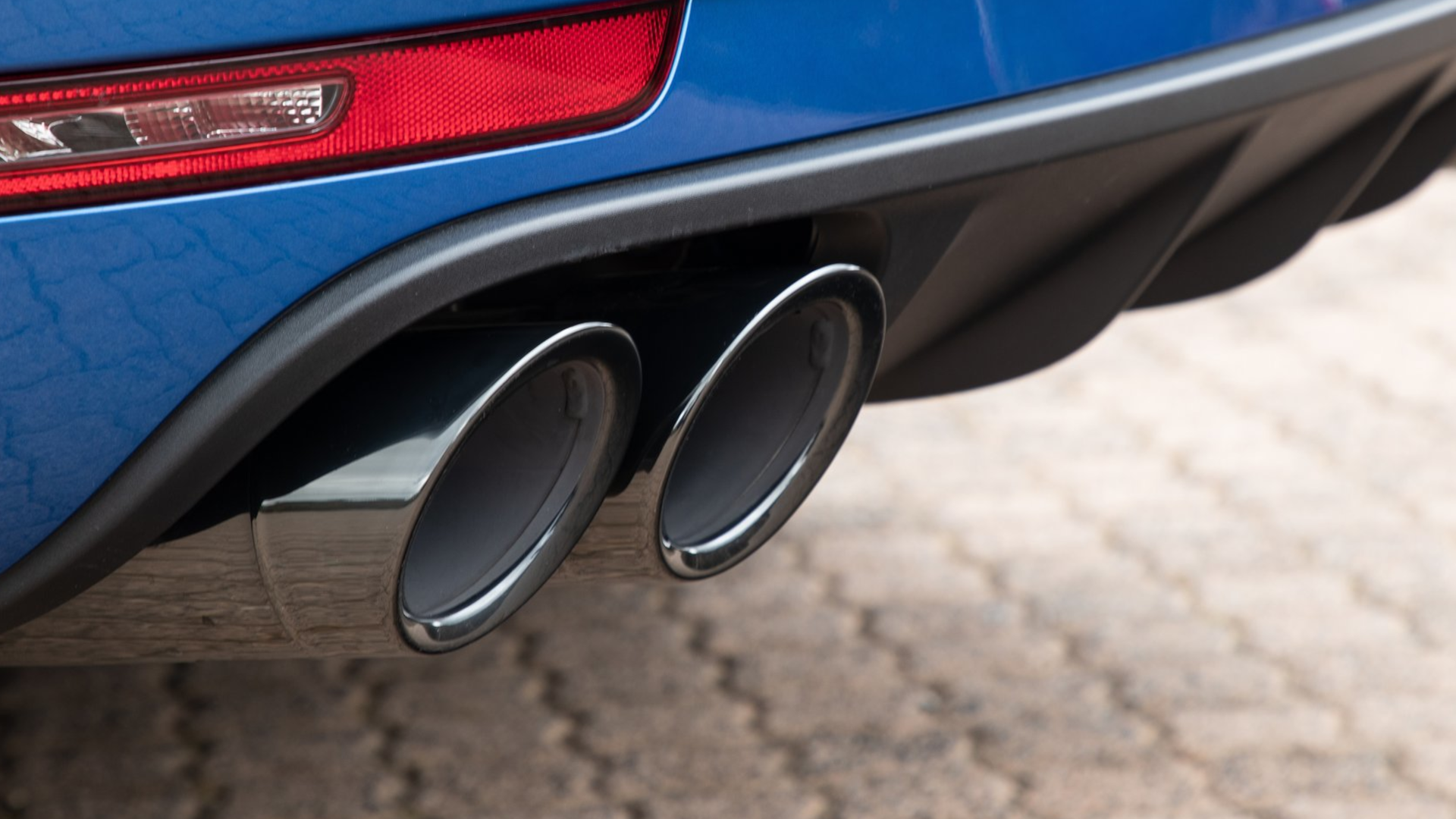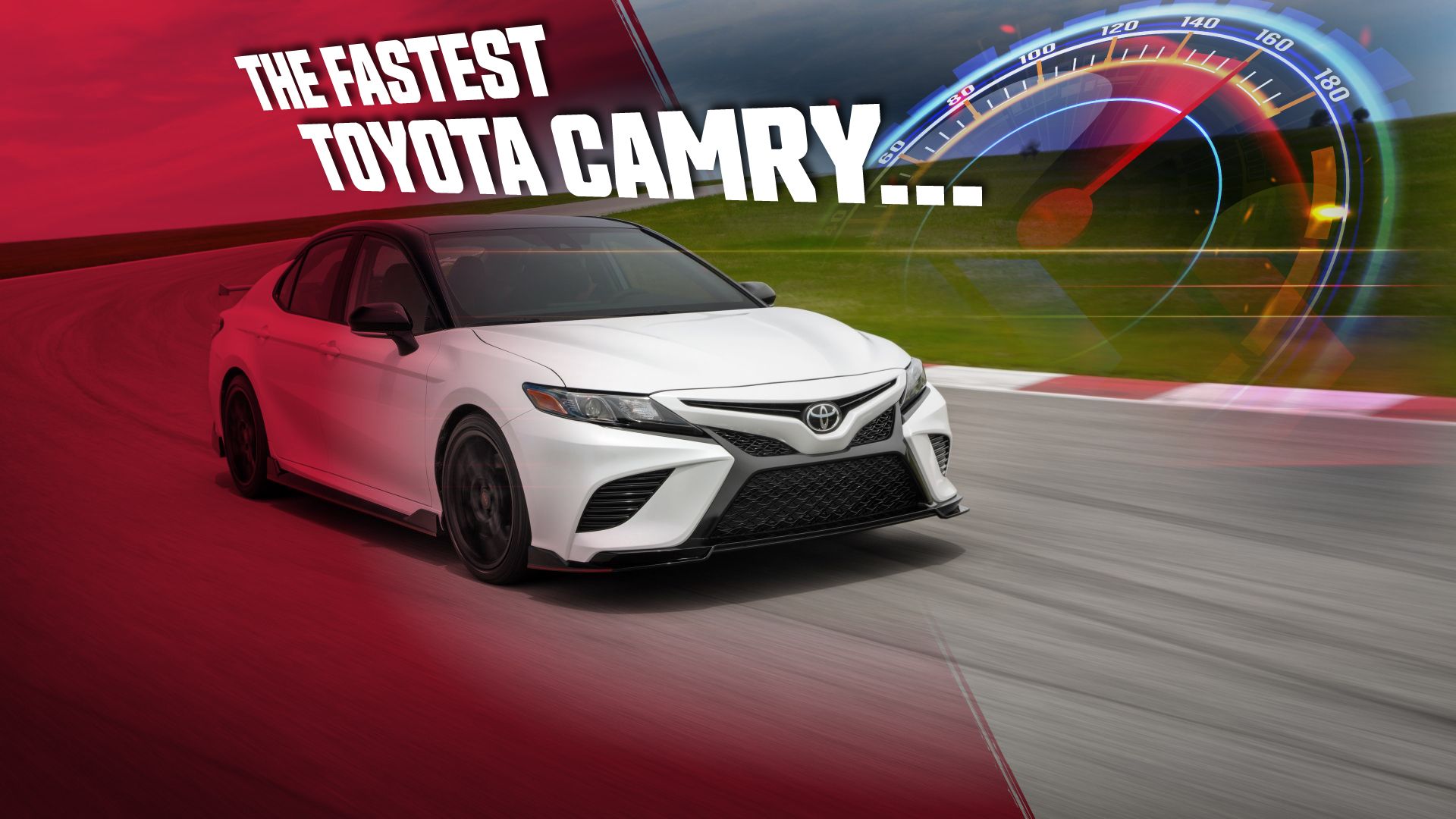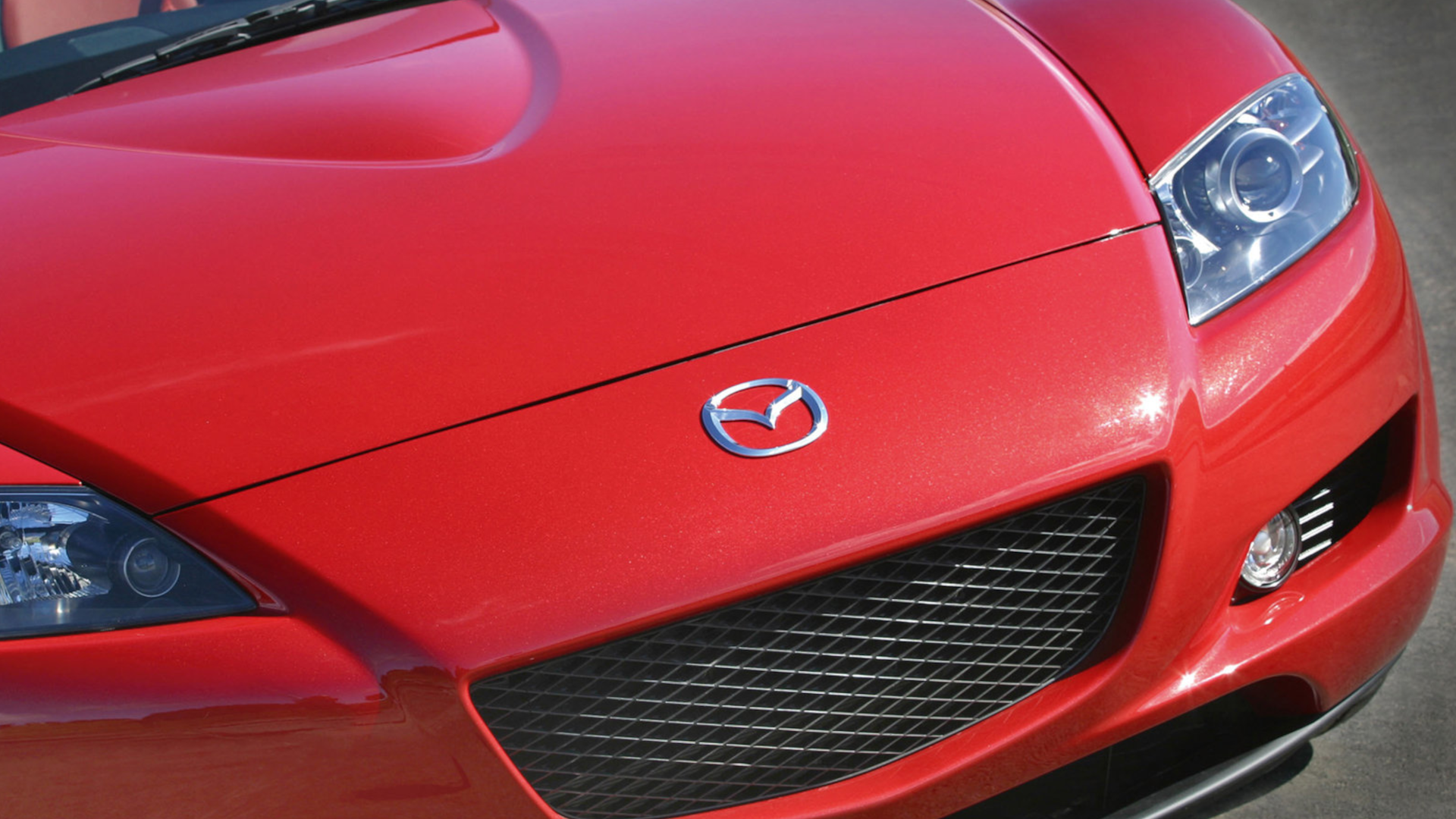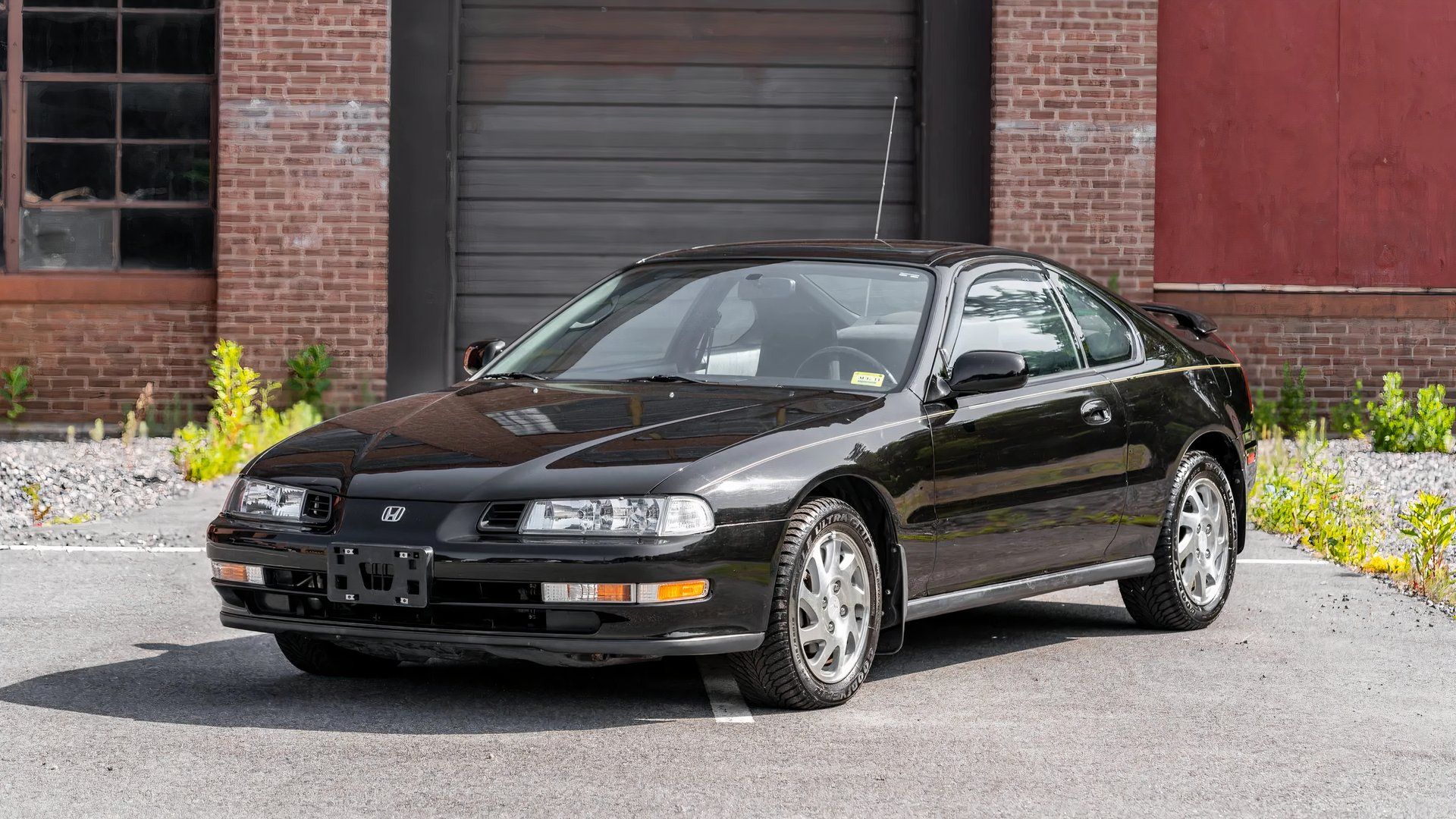As with most OEMs, Chrysler loves to show off some of its ideas in public before it decides to produce them in numbers, and most concept reveals get their fair share of attention. However, Chrysler made some jaws drop even further than normal when it drew back the curtains on its audacious Imperial concept. Here, from under the wraps at the North American International Auto Show in 2006, came an ultra-luxury monster that was clearly a Bentley or even Rolls-Royce wannabe.
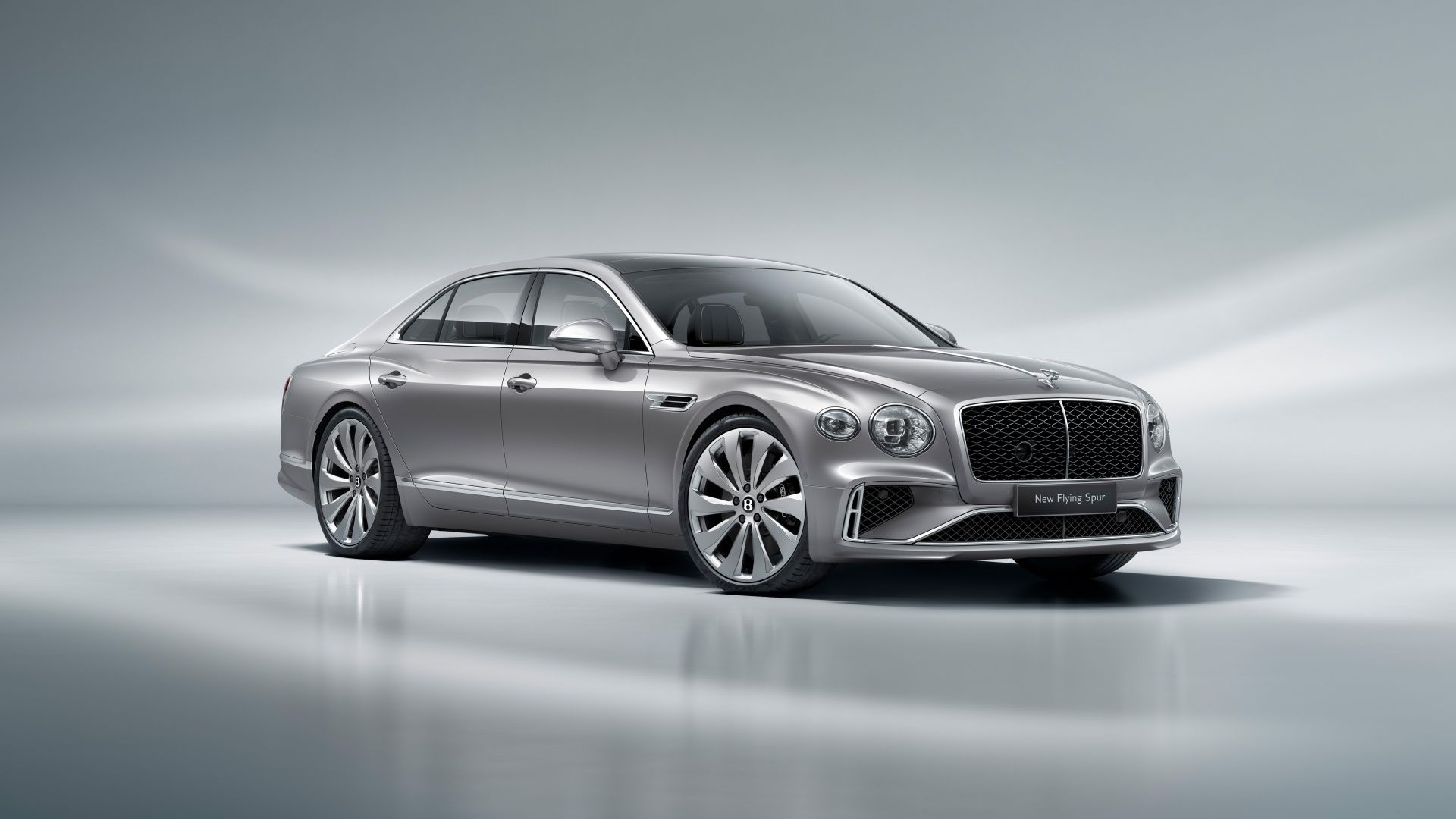

- Base Trim Engine
-
4.0-liter twin-turbo V8 plug-in hybrid
- Base Trim Transmission
-
8-speed dual-clutch automatic
- Base Trim Drivetrain
-
All-Wheel Drive
- Base Trim Horsepower
-
670 hp
- Base Trim Torque
-
686 lb-ft
It had a stately presence that reminded you of a Bentley Continental Flying Spur and yet Chrysler suggested that it would only cost a fraction of a typical Bentley’s MSRP. It was gargantuan by most comparisons and certainly a bold experiment, but could Chrysler replicate some of that old-world opulence and successfully sell it under a mainstream badge? As it turns out, the Imperial never saw any production and, in this article, we’ll explore the reasons.
Why The Imperial Never Reigned
|
2006 Chrysler Imperial Concept Specifications |
|
|---|---|
|
Engine |
5.7-liter HEMI V8 |
|
Transmission |
Five-speed automatic |
|
Drivetrain |
Rear-wheel drive |
|
Power |
340 hp |
|
Torque |
390 lb.-ft |
Three factors combined to seal the Imperial’s fate, and probably the biggest one was the changing regulatory and economic climate. Gas prices were hitting record highs in the early to mid-2000s and the US government was moving towards much tougher fuel economy standards. A bulky V8-powered sedan like this would likely have been way out of step. Legislators were thinking about 35 MPG fleet averages and such a stipulation might have put Chrysler behind the eight-ball.
Internally, Chrysler was going through a period of tumultuous change. Cerberus Capital Management took over Daimler’s interest in the company and a brand-new leadership team was carefully looking through the company’s product lineup. The new team was not convinced about large rear-wheel-drive sedans and put any related ideas on ice. After all, when Cerberus came in, the priority was to shore up Chrysler’s financial situation and worry about those fuel efficiency goals, rather than focusing on a niche prestige project.
The market, in general, seemed to turn its collective nose up to the Imperial concept. Its design was certainly polarizing, and perhaps it just looked too much like the Rolls-Royce Phantom to be credible. Chrysler was also worried about its previous attempts to revive the Imperial. After all, back in the early eighties, these efforts failed from a sales point of view, and inevitably, decision-makers wondered whether they’d get enough people to buy this potentially $60 to $70k Chrysler sedan.
The Classic Design With Modern Ambitions
The Chrysler Imperial concept sat on a stretched 300C platform and had a HEMI V8 powerplant. It had clear echoes of the Bentley Arnage and Rolls-Royce Phantom in its profile with a long hood and pronounced fender peaks that were notably similar to the front fender crest of the Arnage. This car had a towering presence with a very upright stance and came complete with suicide-style rear doors as you could find on the Phantom.
The concept was almost eighteen feet long and six feet wide, which definitely gave it the vibe of a chauffeur-driven limousine. You’d struggle to get it through tight city streets and could forget about trying to reverse it into a typical parking lot space. Designers appeared to have raised the Imperial’s roof by around six inches compared to a standard 300C. It came without a B pillar due to those suicide doors and the C pillar, with its slightly pinched off tail section, looked like something you’d expect from a 1950s American creation.
Overall, reception to the styling was mixed. Some thought that it was indeed a poor man’s Rolls-Royce, while others thought that it was gaudy and just derivative. People didn’t like the huge front grille with its adjacent winged Chrysler badge and slammed that as being over the top. Yes, Chrysler had made its ultra-bold statement, but had it gone too far?
Inside The Imperial
With such grandeur outside, you just knew that the interior would be audacious as well, and it was. Once you’d swept open those wide doors you’d find a cabin with rich leather, suede, and California burl walnut. The concept had a two-tone color scheme of Birch cream and Bay brown, which some saw as an elegant combination, while others felt it was too flamboyant. In the rear were two reclining bucket seats rather than a bench with a console in between and controls for a dual-screen DVD entertainment system and wireless headsets.
Up front, the dash was minimalist with a retro theme, featuring twin round gauges and bezels with fine chrome. A central touchpad handled navigation, audio, and climate adjustments and the Imperial had an unusual, fixed hub steering wheel. Here, the center pod with all the controls remained in position as you turned the wheel, which was a quirky concept touch that might never have made it through to production.
The Imperial’s Performance And High-Tech Specs
To haul something with such heavyweight proportions, you’d need a sturdy engine and so Chrysler dropped in its 5.7-liter HEMI V8, straight out of the 300C. It was good for 340 hp and 390 lb.-ft of torque and, while it wasn’t as impressive as a typical Bentley engine, that HEMI lump would have been up to the task. The Imperial had a five-speed W5A 580 automatic transmission with auto-stick manual mode and drive went to the rear wheels. Engineers estimated a zero to sixty time of 5.5 seconds and a hypothetical top speed of 160 mph.
The concept used Chrysler’s LY platform, which was essentially an extended version of the LX from the 300C. It now had a 123-inch wheelbase but also had a wider track so it could accommodate its 22-inch wheels. The suspension was fully independent with short and long arm front and five-link rears, again similar to the 300C, with Brembo brakes from high-performance SRT models. Most of the car’s hardware was off the shelf, so everything was plausible in terms of production.
Chrysler wanted this to be a driver’s car rather than some kind of floaty land yacht for chauffeurs only. This may have been why the company set up the cockpit with driver-focused gauges and a relative lack of clutter. So, they were clearly looking for driving enthusiasts who wanted some ultra-luxury style and plenty of onboard space, but without those stratospheric Bentley or Rolls prices.
Stacking The Imperial Against A Bentley
In the mid-2000s, Bentley’s lineup consisted of the Continental Flying Spur, which was a new variant of the Continental GT, and the old-school Arnage sedan. By comparison, the Imperial was somewhere in between these two. It was trying to be as imposing as the Arnage while also as sleek and contemporary as the Flying Spur. Yes, the Imperial was just as long and actually a bit taller than both Bentleys, but somehow, it didn’t quite succeed in its copycat mission.
The Flying Spur had a more modern and aerodynamic shape, featuring a fast roofline. It was arguably suave, while the Imperial may have come across as being brash. Perhaps the Imperial was more similar to the aging Arnage? Both featured upright and formal styling with the classic three-box silhouette and large chrome grilles, but up close, the Imperial’s details were less refined. It may simply have lacked the polish of Britain’s finest coach-built machines.
The Imperial Was A Bold Step Too Far
In the end, the 2006 Imperial concept was show-stopping and its reveal did remind people of Chrysler’s raw ambition and design heritage. You could see some of its legacy in later models of the Chrysler 300 and especially the 2011 redesign, with its bolder grille and stronger shoulder lines. Meanwhile, the whereabouts of the concept car itself are uncertain today. Perhaps it sits in someone’s heritage collection and frowns down on all its subservient surrounding cars.
So, the Imperial was inspired but ill-fated. Theoretically, it could have stacked up against a Bentley, but in reality, its reception, timing and major economic factors came into play. This was a battle of romance versus realism, but as is all too often the case, realism won.
Sources: Stellantis, Bentley

